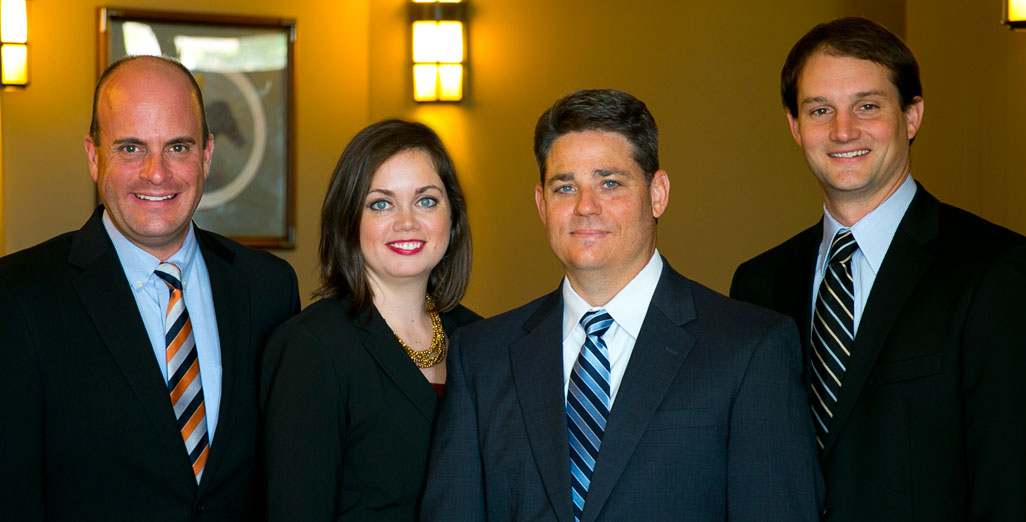Ocala, FL Revocable Trust
For many people, a revocable living trust is a smart way to protect their assets for their loved ones without having to go through the probate process. Assets secured through this type of trust are not subject to probate, which is the court process of working through an individual’s estate to distribute all of its contents to his or her beneficiaries. By avoiding probate, the deceased’s loved ones can save themselves a considerable amount of time and money when he or she passes. With a revocable living trust, the assets are simply given to their intended recipients after the trust’s holder, known as the grantor, passes away.
This type of trust is known as a “revocable trust” because its terms can be changed by the grantor at any time. Revocable living trusts can also be canceled if the grantor wishes.
Revocable Trust Attorneys in Ocala, FL
If you are considering creating a revocable living trust or taking other steps to plan your estate, contact McGraw, Rauba & Mutarelli to work with us. Mrs. Samantha Shealy Rauba is here to answer all of your questions about revocable living trusts and to create a document that protects your assets as you see fit.
Florida Living Trust vs. a Will
A will is a document that names an individual, known as an executor, to distribute the grantor’s property after his or her death. The will also outlines how the executor may distribute the property. Although there are many ways in which wills and revocable living trusts are similar, there are also many ways that they are different. Some examples of these differences include the following:
- An individual may avoid probate by creating a revocable living trust. This is not possible with a will.
- With a will, the grantor may name guardians for his or her minor children. This can not be done with a revocable living trust.
- A revocable living trust can be used to avoid a conservatorship, which is the appointment of a guardian to handle the grantor’s financial needs if he or she becomes incapacitated.
- Revocable living trusts, unlike wills, may remain private after the grantor’s death.
These two documents can both be used for the following:
- To leave property to minor children; and
- To name beneficiaries for one’s estate.
And they may both be revised as the grantor wishes.
Estate Planning & Revocable Trust Attorneys
When you are ready to begin planning for your assets’ future, contact McGraw, Rauba & Mutarelli for knowledgeable legal guidance from our firm. We understand that you may feel overwhelmed with the different terms and options you are facing as you begin to plan your estate. Let us guide you through these terms and work with you to develop an estate plan that suits your needs and protects your most important assets.
